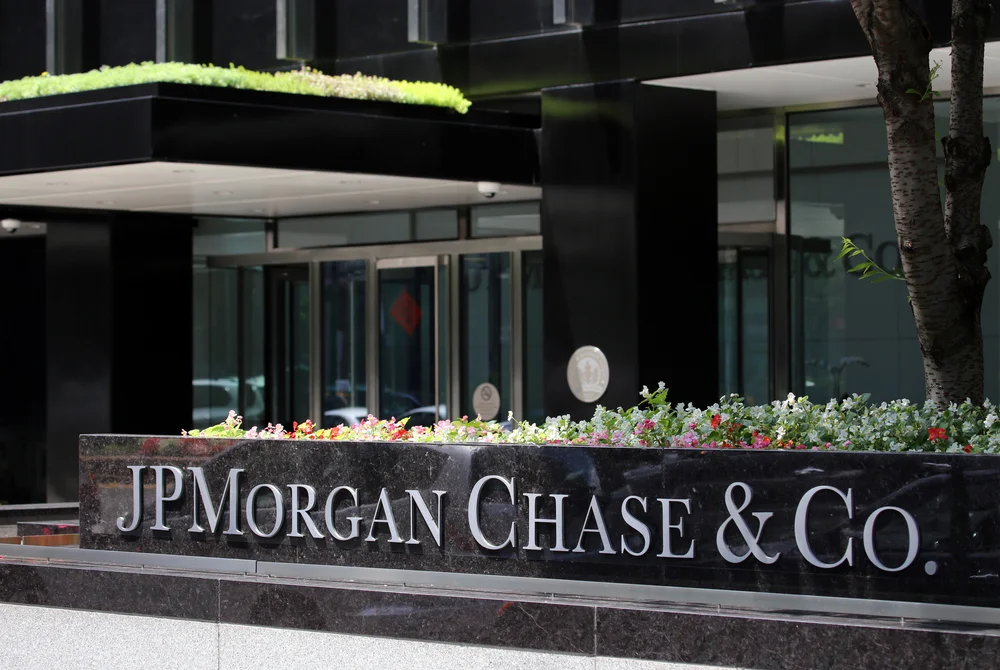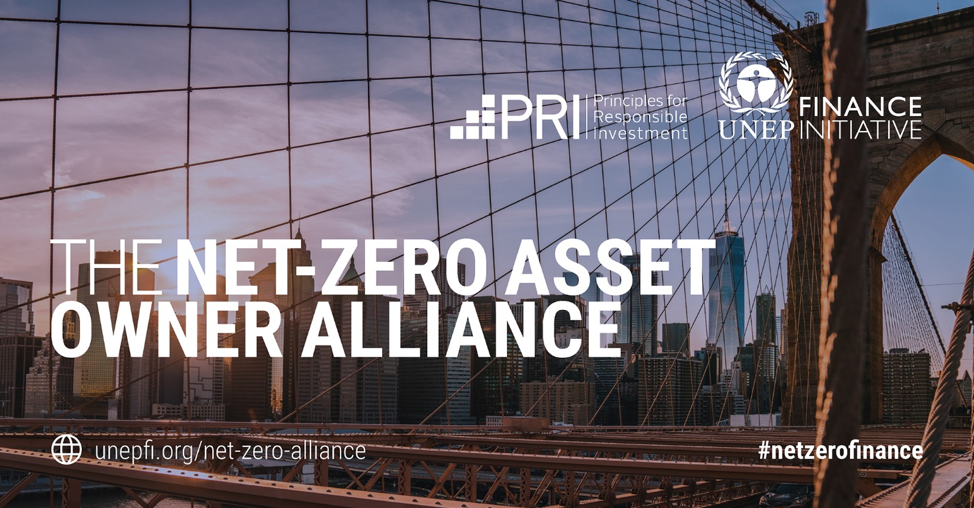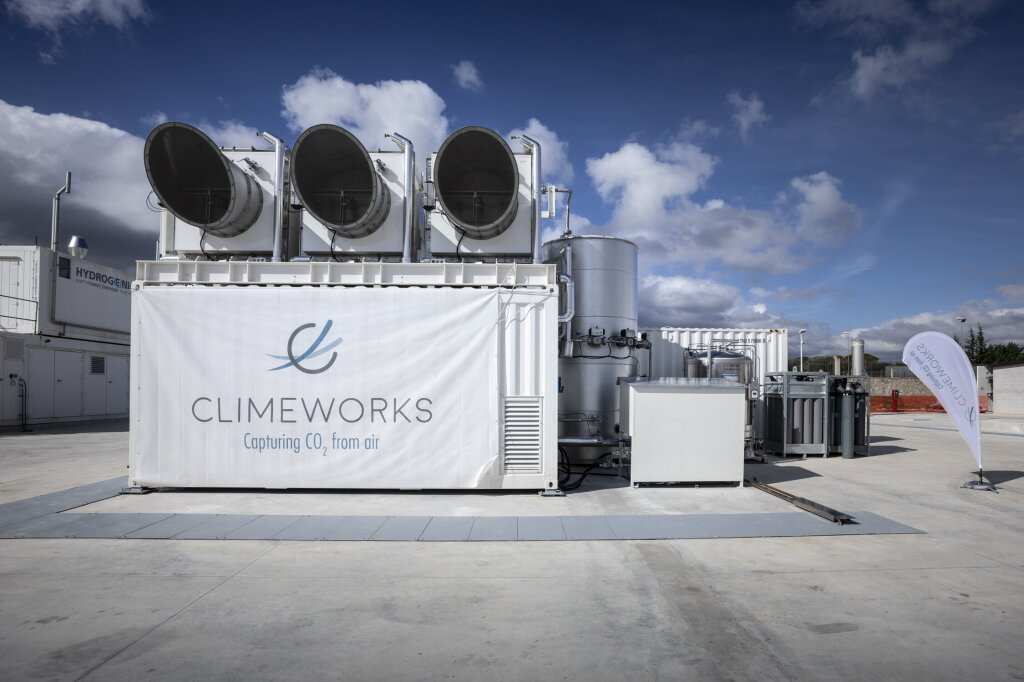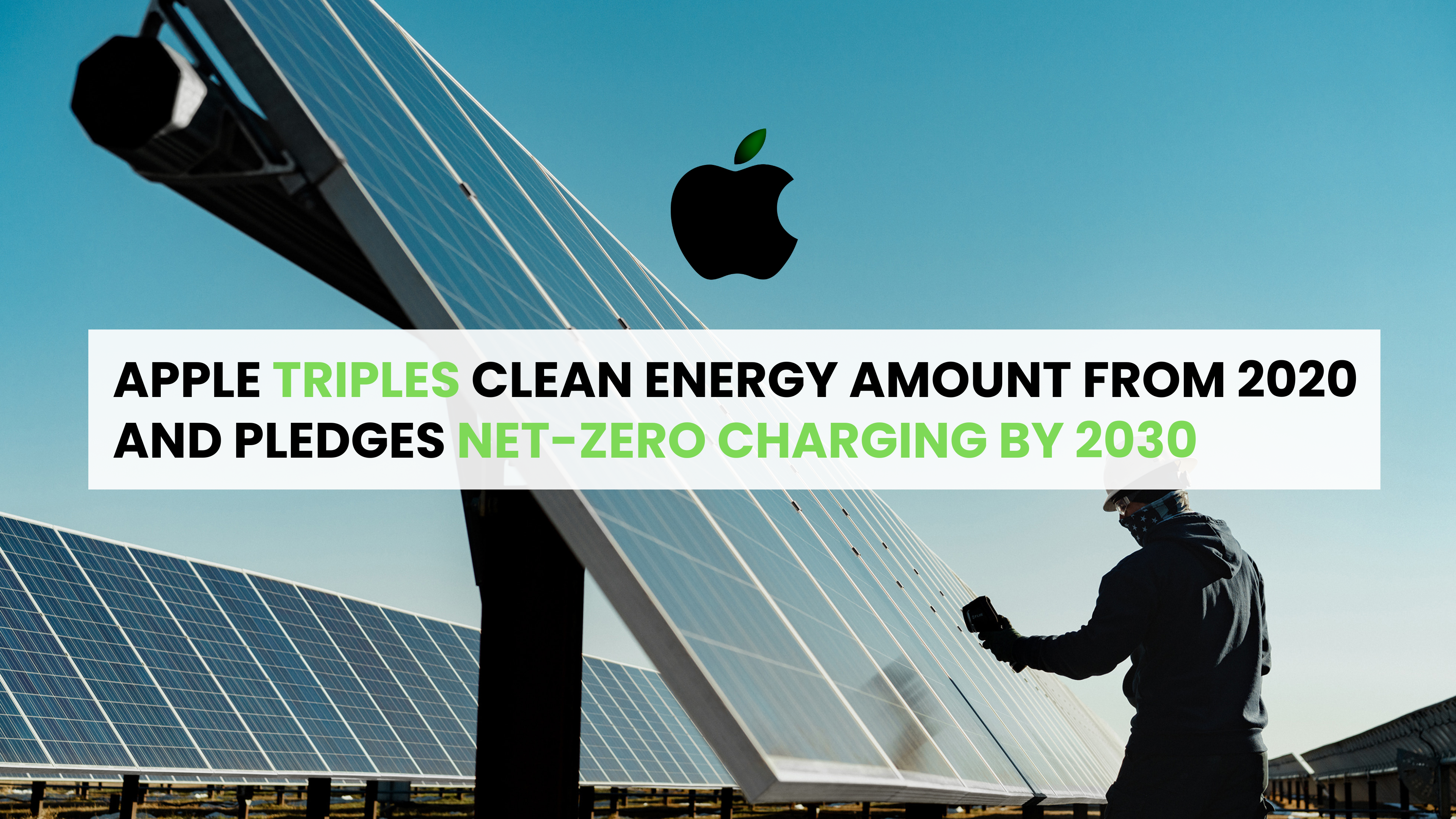Maersk Signs MOU with Shanghai International Port Group on Green Methanol Bunkering
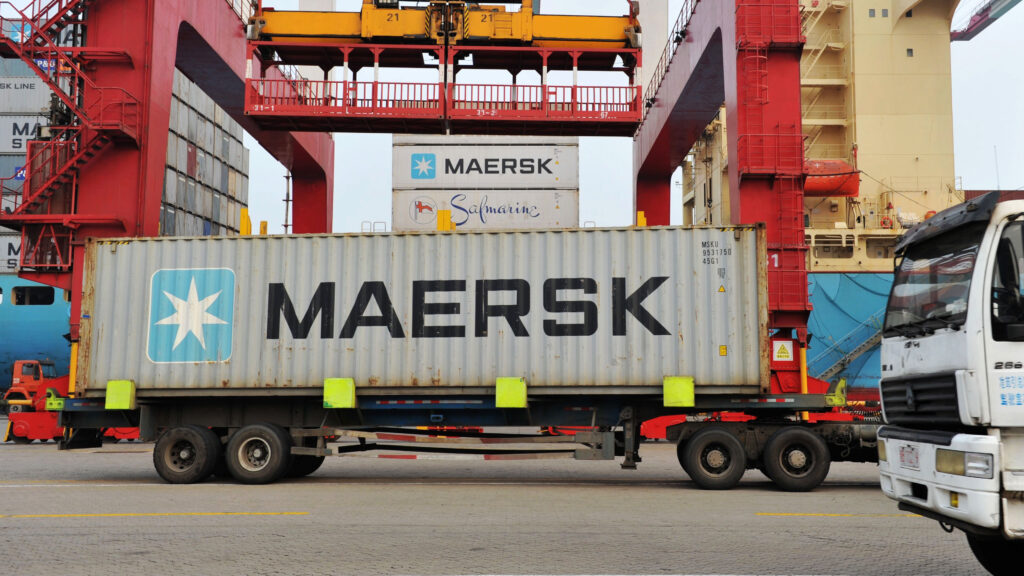
|
Listen to this story:
|
A.P. Moller-Maersk (Maersk) announced that the company has signed a MOU with Shanghai International Port Group (SIPG) on strategic cooperation for Shanghai Port methanol marine fuel project. The two parties will join hands to explore green methanol fuel vessel-to-vessel bunkering operation after Maersk’s green methanol container vessels being delivered in 2024.
Maersk has set a net-zero emissions target for 2040 across the entire business, and the delivery and operation of its 19 vessels with dual-fuel engines able to operate on green methanol will accelerate the evolution of climate neutral shipping. Therefore, establishing port bunkering infrastructure for methanol is imperative and critical to achieve this goal.
Collaborating with ports globally to build green fuel bunkering infrastructures is necessary to service methanol vessels. It is an important step as Maersk strives to lead the decarbonization of end-to-end supply chains and make a meaningful environmental impact in this decade. We are very pleased to form the partnership with SIPG, leveraging its strong capabilities in bunkering service and port operation. Through joint efforts, we can provide low-carbon logistics service for our customers, also contributing to China’s pledge to be carbon neutral by 2060. Meanwhile, we also endeavor to cultivate synergies with SIPG and fuel manufacturers to optimize fuel infrastructure efficiencies.
Mr. Vincent Clerc, CEO of A.P. Moller-Maersk
See related article: A.P. Moller – Maersk and DP World Partner to Decarbonize Logistics and Improve Customer Services
As SIPG, the main operator of the world’s busiest container port, also commits to becoming a leader in developing green and ecological ports, the agreement will also support the aspiration of Shanghai Port to become one of the world’s first commercial green methanol refuelling points, and as a regional green methanol fuel bunkering centre.
We are happy to collaborate with Maersk in support of its mission to decarbonise the shipping industry. As the demand for sustainable fuels increase, establishing the green fuel bunkering service will be another milestone for SIPG, improving port services and enhancing the competitiveness of Shanghai port, in a bid to transform the company into a low-carbon and eco-friendly energy hub in Asia Pacific. SIPG will continue to work with shipping companies to foster Shanghai shipping hub gateway and the green, low-carbon transformation of shipping industry in Shanghai.
Mr. Gu Jinshan, Chairman, Shanghai International Port Group
Maersk and SIPG will deepen cooperation in stages. In the first phase, SIPG, as Maersk’s potential energy bunkering service provider, will carry out services of vessel-to-vessel bunkering and fuel tank storage at port. In the potential second stage, the parties will explore how to form an all-round energy strategic partnership to promote the extension from bunkering services to the upstream of the green methanol industry chain.

